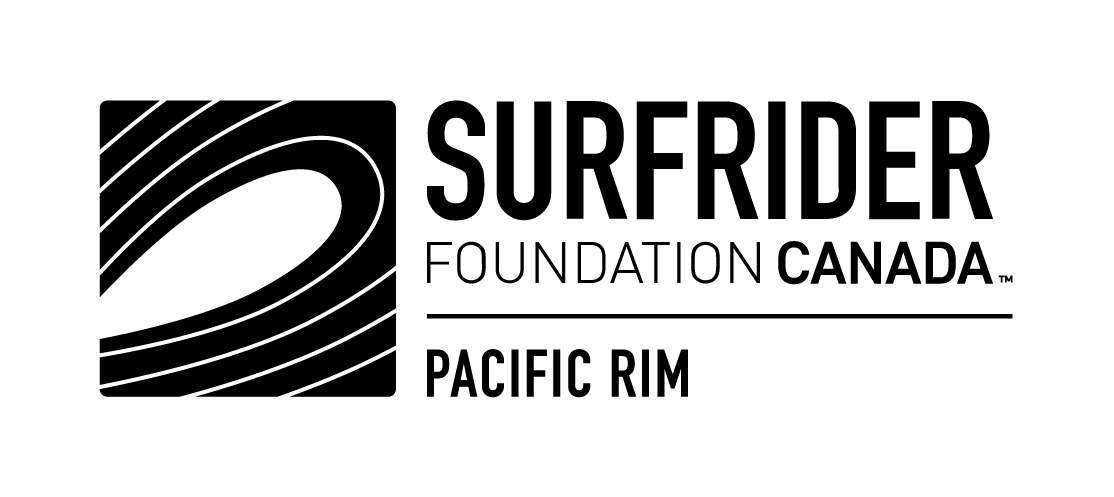Baby-steps towards conscious change
By Zero Waste Expert Katrina Forrest
Rising sea levels, turbulent weather patterns, biodiversity loss. We’ve all heard the science on climate change, and it can leave us feeling overwhelmed and powerless. But a couple years ago, something clicked as I flipped through my environmental studies textbooks. I realized there are less impactful ways to live comfortably and feel good about myself, and they were right under my nose. AlI I had to do was re-think how I approached everyday tasks. Living waste-free isn’t about perfection nor sacrifice — in fact, it can be incredibly easy.
When I first started bringing my own containers to the deli or butchers, I felt awkward asking for them to be used, like I was breaking the rules. But one day, something amazing happened at my local bakery. A sweet old lady, accustomed to buying her bread in plastic, asked me why I wasn’t doing the same. I explained to her how microplastics can be found everywhere on the globe — even in some of the most remote places, how we aren’t yet sure of the long-term effects of plastics in the environment, and how easy it is for me to simply avoid perpetuating the problem. As I turned to leave, I saw her do the most amazing thing: she asked for her order to be in paper. I realized I had made an impression on somebody through my own simple action, and she was inspired enough to make a small change in her life, right then and there.
That small change is one step closer to society changing its relationship with plastics. I no longer feel awkward when I bring my own containers. Instead, it feels like an opportunity to engage with people about what I’m doing. I answer a lot of questions about sustainable shopping, and it’s become clear to me that people are sick of bringing home all of this garbage. Talking to people and uplifting those around me is as important as making personal changes. After all, one person doing zero waste perfectly isn’t going to solve the climate crisis. We need millions of people doing it imperfectly.
If you want to reduce your waste but you don’t know where to start, here are a couple tips: Examine your grocery list and look to replace one item with something more sustainable, or something without packaging. Find an item that you would love to learn to make. For me, I started by learning to make tortillas. Now I’ve created both a family activity as well as fresh homemade tortillas without all the plastic.
For a more accessible option, join an online community in your area to see what sustainable choices they’ve made, and what local resources they’ve found. Volunteer for a beach clean-up with Surfrider. Check out your local library; they have so many classes and groups, and offer way more than just books.
Look for companies that promote a circular system. Lush for example, sells their products in these little black plastic tubs. When you are done, you can give the tubs back and they use them to make new ones, keeping the same materials in circulation over and over again. The tubs themselves are made from beach plastics collected by Surfrider Foundation and other British Columbia based cleanup groups and therefore also promote cleaner oceans and consumer responsibility.
At the end of the day, making the simplest choices about how I consume allows me to take command of a situation far beyond my control by actively striving for new solutions. It gives me hope and a sense of purpose when I could otherwise so easily give up. Most importantly, I can tell my actions, however small, are making a social impact on my community and that I’m part of a larger shift. Talk to the people around you and make some new friends while exploring the first, or next step in your journey to a more sustainable lifestyle. Most importantly, stay positive. Focus on your successes, not on the minor setbacks you’re sure to have along the way. It doesn’t matter if you forget your water bottle, it matters that you’re open to learning new things, and creating new, sustainable patterns in your life.
